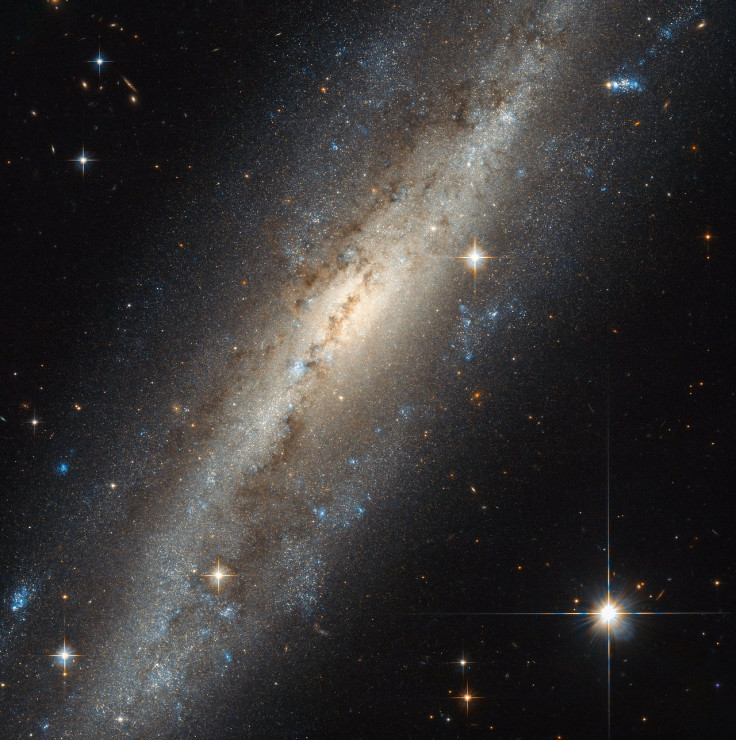Our neighbouring Andromeda galaxy might not be as big and deadly as we thought, study reveals
The two galaxies are moving towards each other and will collide after some four billion years.

Milky Way is on course to collide with its closest galactic neighbour Andromeda in about four billion years. A new study has revealed that the plausible consequence of that massive cosmic merger might not be what astronomers had initially expected.
Andromeda and Milky Way are separated by more than two million light years and are moving towards each other. However, despite being this close by cosmic standards, we have totally misunderstood our neighbour, a new study, published in Monthly Notices of the Royal Astronomical Societyhas suggested.
Previous models suggested that Andromeda is two to three times bigger than Milky Way and is massive enough to eat up our galaxy in the merger. But, scientists from the International Centre for Radio Astronomy Research are positing that this might not be the case.
Using a revolutionary technique for measuring galactic mass, the group, led by astrophysicist Prajwal Kafle, found that the galaxy is roughly as big as our own, with both being around 800 billion times heavier than the Sun.
"We had thought there was one biggest galaxy and our own Milky Way was slightly smaller but that scenario has now completely changed," said Kafle after the surprising find. He even noted that the previous models went wrong because the amount of dark matter in the neighbouring galaxy was overestimated.
"By examining the orbits of high-speed stars, we discovered that this galaxy has far less dark matter than previously thought, and only a third of that uncovered in previous observations," the astrophysicist added.
The two galaxies are part of larger 'local group' of some 30 galaxies covering 10 million light years and this find gives scientists new insights into that collection. "It's really exciting that we've been able to come up with a new method and suddenly 50 years of collective understanding of the local group has been turned on its head."
Meaning, when the collision actually happens Andromeda might not fully engulf our galaxy. The exact consequence, however, will be revealed with upcoming simulations of the two galaxies, the researchers said.
The researchers got to this discovery after measuring the speed required to escape a galaxy. "When a rocket is launched into space, it is thrown out with a speed of 11km/s to overcome the Earth's gravitational pull," Kafle said. "Our home galaxy, the Milky Way, is over a trillion times heavier than our tiny planet Earth so to escape its gravitational pull we have to launch with a speed of 550km/s.
"We used this technique to tie down the mass of Andromeda," he added.





